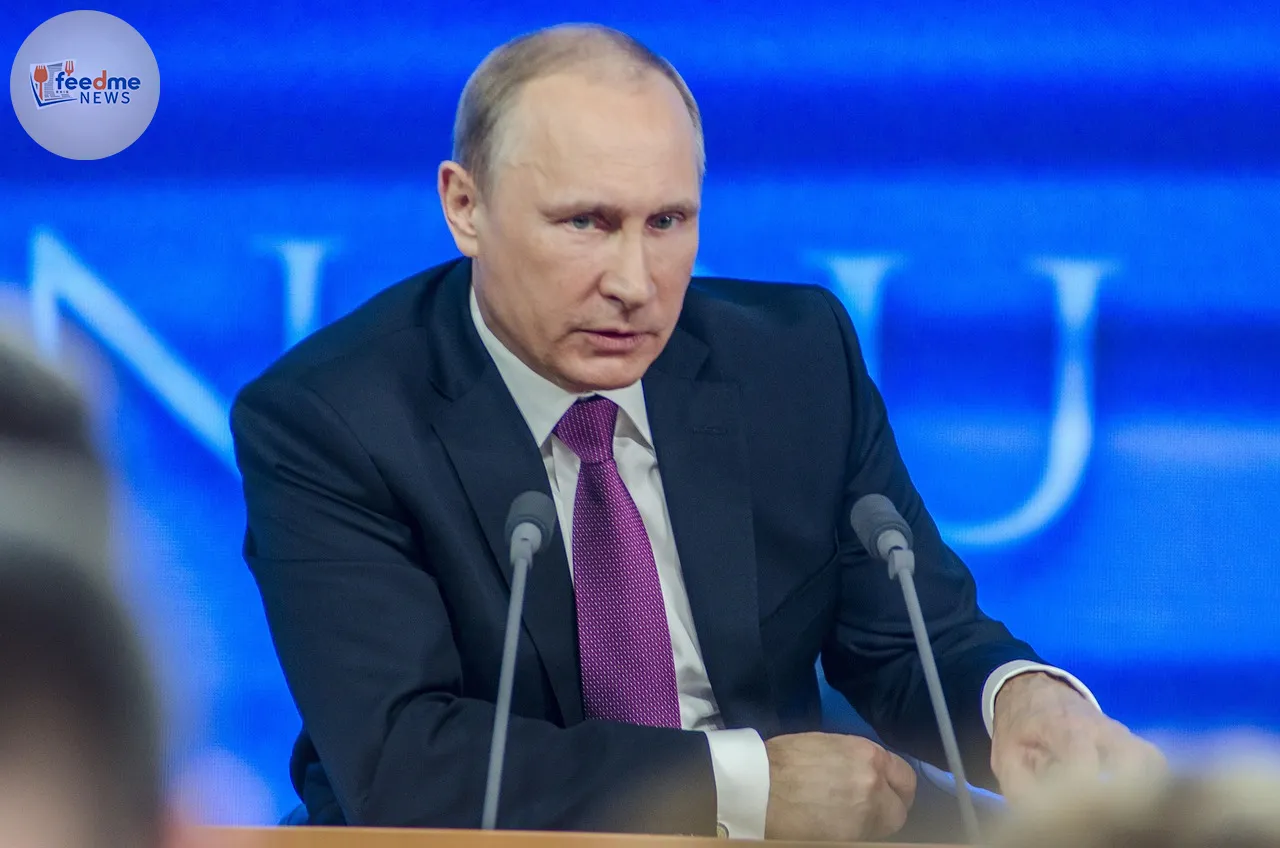Global markets are reeling following the announcement of sweeping new tariffs by US President Donald Trump, which have sent the US dollar plummeting to a six-month low. European Commission President Ursula von der Leyen described the tariffs as a “major blow” to the world economy, highlighting the potential for a crisis in confidence surrounding the dollar. The tariffs, announced on what Trump dubbed ‘liberation day’, have sparked widespread concern about their impact on global trade and economic stability.
The tariffs, unveiled on 3 April 2025, mark a significant shift in US trade policy, with implications for international relations and economic growth. As markets reacted, the dollar’s decline reflected investor unease about the potential consequences of a trade war. The tariffs have also prompted criticism from global leaders and industry bodies, with many warning of increased prices and economic disruption.

US Tariffs: A Departure from Global Trade Norms
The introduction of these tariffs represents a departure from the rules-based global trade order, according to the German Automotive Industry Association (VDA). The organisation, which represents Germany’s powerful auto industry, criticised the US’s move, stating that it undermines the foundations of global value creation and prosperity. The VDA urged the European Union to act decisively, advocating for a united response while remaining open to negotiation.
The tariffs are expected to have a particularly severe impact on US consumers, who may face higher prices on goods. By stepping away from established trade norms, the US risks isolating itself economically, a sentiment echoed by von der Leyen, who remarked, “This is not America first; this is America alone.”
Economic Fallout: Price Increases and Market Chaos
Experts anticipate that the tariffs will lead to increased prices across various sectors, causing chaos in global markets. The move has already rattled financial markets, with stock indices in Asia and Europe experiencing significant fluctuations. Analysts predict that the tariffs will disrupt supply chains, increase production costs, and ultimately lead to higher consumer prices.
The tariffs’ impact on the automotive industry is of particular concern, given its global supply chains and reliance on international trade. The VDA’s statement emphasised the potential for widespread economic disruption, warning that “the new US tariffs will only create losers.” The association called for collaborative efforts to mitigate the tariffs’ adverse effects and preserve economic stability.
Expert Insights: Long-Term Implications for Global Trade
Trade experts warn that the tariffs could have long-lasting implications for global trade relations. By imposing unilateral tariffs, the US risks alienating key trading partners and undermining multilateral trade agreements. This shift could lead to retaliatory measures from affected countries, further escalating trade tensions and impacting global economic growth.
The tariffs also raise questions about the future of US trade policy and its commitment to international cooperation. As the global economy becomes increasingly interconnected, unilateral actions such as these threaten to destabilise established trade networks and hinder economic progress.
A Call for Diplomacy and Negotiation
In response to the tariffs, international leaders and organisations are calling for renewed diplomatic efforts to address trade disputes. The European Union, in particular, is urged to engage in constructive dialogue with the US to find mutually beneficial solutions. By prioritising negotiation over confrontation, the EU hopes to avert a full-blown trade war and preserve the integrity of the global trade system.
The ongoing trade tensions highlight the need for a balanced approach that considers the interests of all parties involved. As the situation develops, the focus remains on finding common ground and fostering cooperation to ensure economic stability and growth.
The recent tariffs introduced by the Trump administration have sent shockwaves through global markets, raising concerns about the stability of the US dollar and the potential for a trade war. With experts warning of increased prices and economic disruption, the international community is calling for diplomacy and negotiation to address these challenges. As the world watches closely, the focus remains on finding solutions that promote cooperation and economic prosperity.





